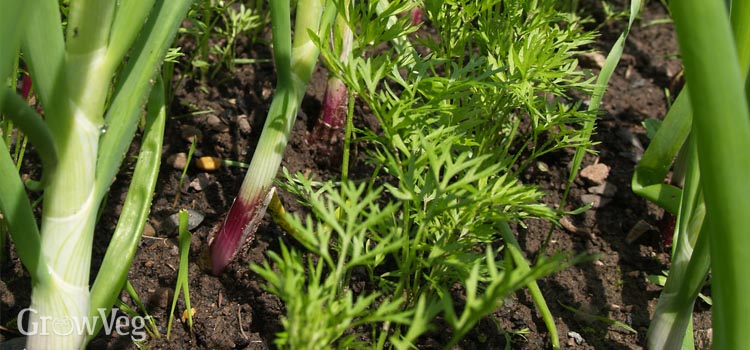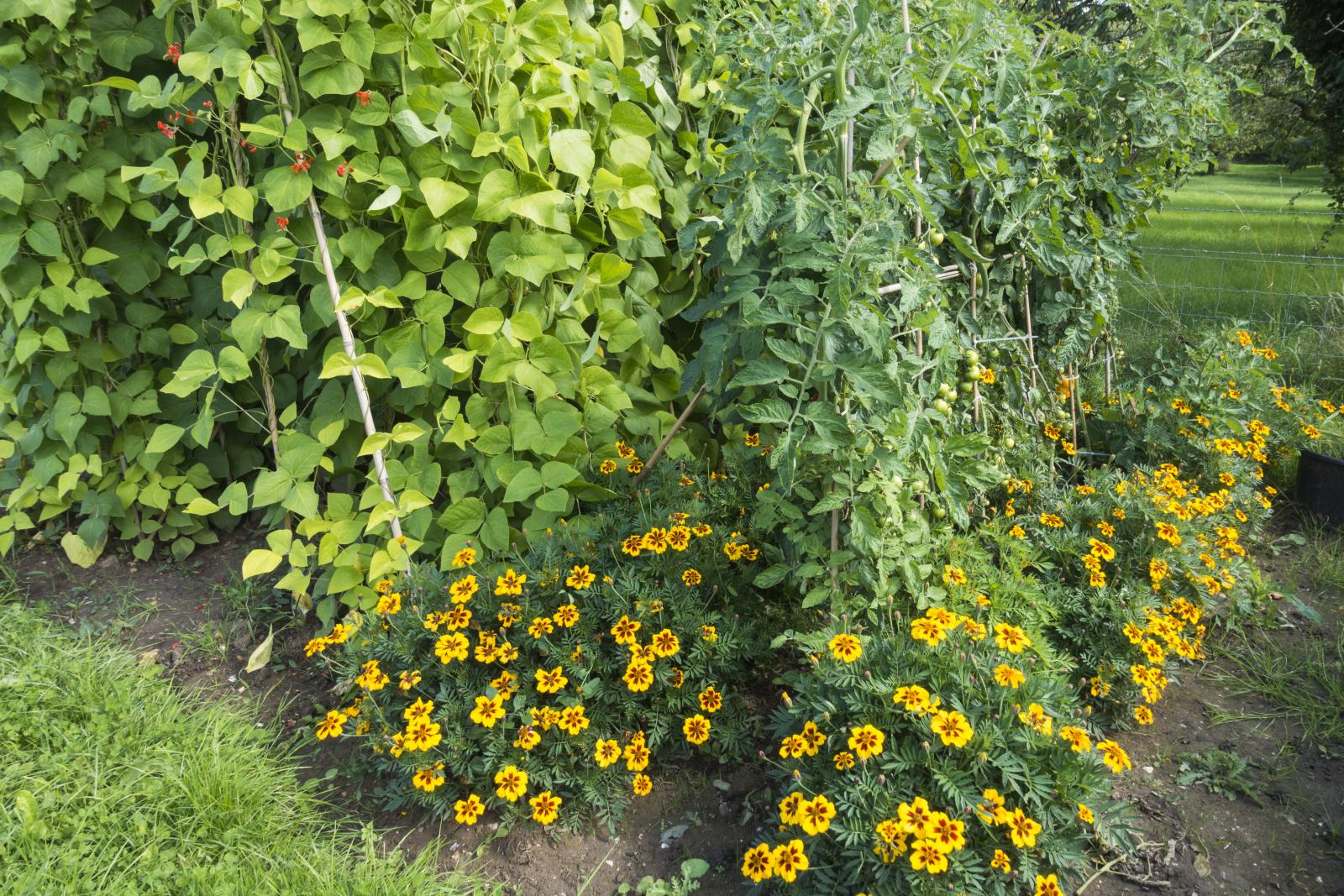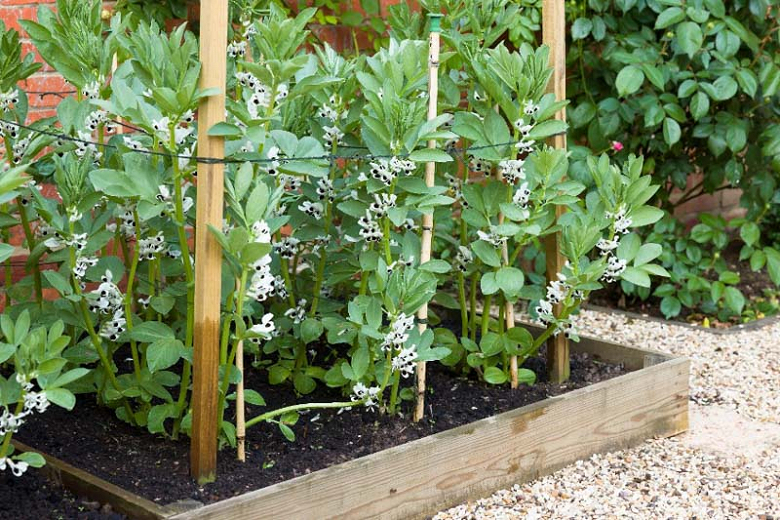The Ultimate Guide To Companion Planting Broad Beans
The Ultimate Guide to Companion Planting Broad Beans
Broad beans are a delicious and nutritious vegetable that can be grown in many different climates. They are also a great companion plant for other vegetables, as they can help to deter pests and diseases.
In this guide, we will discuss the benefits of companion planting broad beans, as well as some of the best plants to grow alongside them. We will also provide tips on how to plant and care for broad beans, so that you can enjoy a bountiful harvest.
Benefits of Companion Planting Broad Beans
There are many benefits to companion planting broad beans. Some of the most important benefits include:
- Disease and pest control: Broad beans can help to deter pests and diseases from other plants in your garden. For example, they can help to repel aphids, cabbage moths, and blackfly.
- Improved soil quality: Broad beans are legumes, which means that they fix nitrogen in the soil. This can help to improve the fertility of your soil and make it easier for other plants to grow.
- Increased yields: Companion planting can help to increase the yields of your broad beans. For example, planting broad beans with carrots can help to increase the number of carrots produced.
- Attracting beneficial insects: Broad beans can attract beneficial insects to your garden, such as ladybugs and hoverflies. These insects can help to control pests and diseases, which can benefit all of the plants in your garden.
Best Companion Plants for Broad Beans
There are many different plants that can be grown alongside broad beans. Some of the best companion plants for broad beans include:
- Carrots: Carrots and broad beans are a classic companion plant combination. Carrots help to improve the flavor of broad beans, and broad beans help to deter carrot root fly.
- Cucumbers: Cucumbers and broad beans can help to improve each other's growth. Cucumbers help to shade the broad beans from the sun, which can help to prevent them from bolting. Broad beans help to improve the pollination of cucumbers.
- Potatoes: Potatoes and broad beans are another great companion plant combination. Potatoes help to improve the drainage of the soil for broad beans, and broad beans help to deter potato scab.
- Salvia: Salvia can help to deter pests from broad beans, such as aphids and cabbage moths.
- Rosemary: Rosemary can help to improve the flavor of broad beans, and it can also help to deter pests.
How to Plant and Care for Broad Beans
Broad beans are relatively easy to plant and care for. They can be planted in the spring or fall, but they prefer cooler weather. Broad beans need full sun and well-drained soil. They should be planted 1-2 inches deep and 12-18 inches apart.
Broad beans need regular watering, especially during hot weather. They should also be fertilized once or twice during the growing season. Broad beans are ready to harvest when the pods are plump and the beans are well-formed.
Conclusion
Broad beans are a delicious and nutritious vegetable that can be grown in many different climates. They are also a great companion plant for other vegetables, as they can help to deter pests and diseases.
If you are looking for a way to improve the health and productivity of your garden, consider companion planting broad beans. With a little planning, you can enjoy a bountiful harvest of these delicious beans.
Broad beans are a delicious and nutritious vegetable that can be grown in many different climates. But did you know that there are certain plants that can help to improve the growth and health of your broad beans? These are known as "companion plants," and they can help to deter pests, attract beneficial insects, and improve the overall soil health.
Some of the best companion plants for broad beans include:
- Carrots: Carrots help to repel the black bean aphid, which is a common pest of broad beans.
- Cucumbers: Cucumbers help to attract hoverflies, which are a natural predator of aphids.
- Lettuce: Lettuce helps to suppress weeds, which can compete with broad beans for water and nutrients.
- Onions: Onions help to repel root knot nematodes, which can damage the roots of broad beans.
- Spinach: Spinach helps to improve the soil structure, which can benefit the growth of broad beans.
If you're interested in learning more about companion planting for broad beans, I recommend visiting the Gardenia Inspiration. This website has a wealth of information on the topic, including a list of the best companion plants for broad beans, as well as tips on how to plant and care for them.
FAQ of broad bean companion plants
5 Most Frequently Asked Questions About Broad Bean Companion Plants
Broad beans are a delicious and nutritious legume that can be grown in many different climates. They are also relatively easy to care for, which makes them a popular choice for home gardeners. However, there are a few things to keep in mind when planting broad beans, such as what companion plants to grow with them.
Here are the 5 most frequently asked questions about broad bean companion plants, along with valuable insights and solutions:
1. What are the best companion plants for broad beans?
Some of the best companion plants for broad beans include:
- Carrots: Carrots help to repel pests such as carrot root fly and cabbage root fly, which can also be a problem for broad beans.
- Cucumbers: Cucumbers and broad beans help to improve each other's growth. Cucumbers help to suppress weeds, while broad beans provide nitrogen for the cucumbers.
- Lettuce: Lettuce helps to suppress weeds and attract beneficial insects, such as ladybugs and lacewings.
- Onions: Onions help to repel pests such as aphids and spider mites.
- Spinach: Spinach and broad beans help to improve each other's growth. Spinach helps to suppress weeds, while broad beans provide nitrogen for the spinach.
2. What are the bad companions for broad beans?
Some of the bad companions for broad beans include:
- Alliums: Alliums such as garlic, onions, and shallots will stunt the growth of broad beans.
- Fennel: Fennel has an inhibiting effect on broad beans.
- Beetroot: Beetroot can compete with broad beans for nutrients.
- Potatoes: Potatoes can attract pests that also attack broad beans.
- Tomatoes: Tomatoes can attract pests that also attack broad beans.
3. How do companion plants benefit broad beans?
Companion plants can benefit broad beans in a number of ways, including:
- Attracting beneficial insects: Some companion plants attract beneficial insects that help to control pests. For example, carrots attract ladybugs, which help to control aphids.
- Suppressing weeds: Some companion plants help to suppress weeds, which can compete with broad beans for nutrients and water. For example, lettuce helps to suppress weeds.
- Improving soil quality: Some companion plants improve soil quality by adding nutrients or breaking down organic matter. For example, spinach helps to improve soil quality by adding nitrogen.
4. How far apart should broad beans be planted?
Broad beans should be planted about 12 inches apart. This will give them enough room to grow and spread.
5. When should broad beans be planted?
Broad beans can be planted in the spring or fall. In the spring, they should be planted after the last frost. In the fall, they should be planted about 6 weeks before the first frost.
Image of broad bean companion plants
- Carrots: Broad beans and carrots are both root vegetables, so they don't compete for space. Carrots also help to repel pests, such as carrot fly, which can be a problem for broad beans.

- Lettuce: Lettuce is a good companion plant for broad beans because it helps to suppress weeds and improve the soil. Lettuce also doesn't require a lot of nitrogen, so it won't compete with the broad beans for this nutrient.

- Marigolds: Marigolds are a great companion plant for broad beans because they help to repel pests, such as aphids and bean beetles. Marigolds also improve the soil by attracting beneficial insects, such as ladybugs.

- Celery: Celery is a good companion plant for broad beans because it helps to repel pests, such as carrot fly. Celery also helps to improve the soil by attracting beneficial insects, such as hoverflies.

- Peas: Peas are a good companion plant for broad beans because they both fix nitrogen in the soil. This means that they both contribute to the health of the soil, which benefits both plants.

Post a Comment for "The Ultimate Guide To Companion Planting Broad Beans"